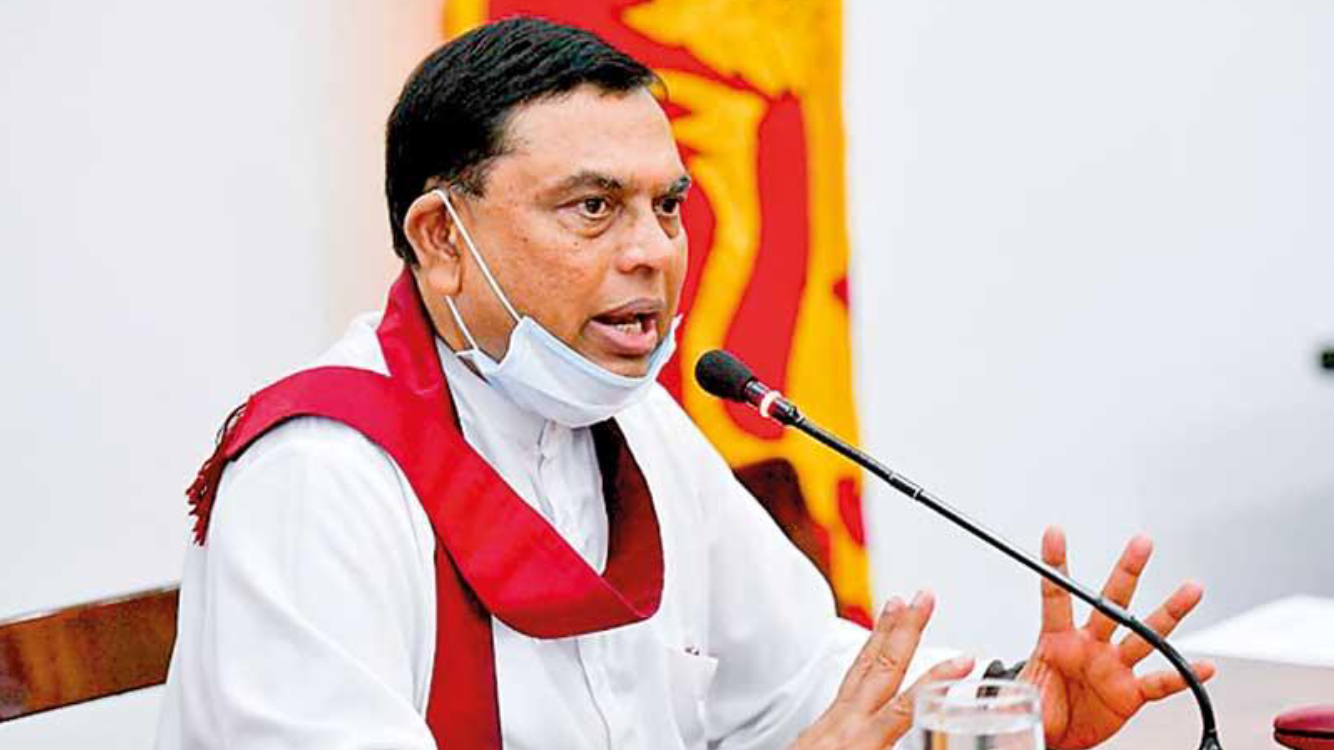Sri Lanka is negotiating with bondholders and is contemplating a programme with the International Monetary Fund (IMF), Finance Minister Basil Rajapaksa had told Financial Times based in London (FT.com).
“We have [international sovereign bonds] which we have to repay, so we are negotiating with them. Then we have creditors and we have to service their debt, so whether we can have an adjustment or some type of thing,” Rajapaksa was quoted as saying.
Rajapaksa had added that the government would “think about a programme with the IMF . . . All those discussions are going as well.”
When FT.com had asked if he was negotiating a restructuring with bondholders, Rajapaksa had replied saying, “something like that”. “Obviously you can understand what we want and you can understand what the bondholders would like to have,” Rajapaksa was quoted as saying.
However, Rajapaksa’s comments weren’t in alignment with the Central Bank Governor AjithNivard Cabraal, who in a number of occasions, had ruled out the need to go to the IMF.
Cabraal, as recently as last week, stressed on the needlessness of going to the IMF seeking assistance to restructure the country’s debt, as they are already doing the same under a home-grown fix.
Sri Lanka’s sovereign rating now remains deeper in the junk territory after being downgraded by the big-three rating agencies several times on heightened default risks.
Sri Lanka has about US$ 6.9 billion foreign debt commitments to be serviced this year. The country repaid a maturing US 500 million bond in January using its foreign reserves. Sri Lanka has another US$ 1 billion sovereign bond maturing in July this year.
As at December 31, 2021, Sri Lanka’s foreign reserves stood at US$ 3.1 billion, according to the Central Bank.
The scarcity of foreign currency has caused shortages of essential commodities, fuel to generate electricity and raw materials for exporters to continue with production.
Sri Lanka is banking on recovery in tourism earnings, remittances, swaps with friendly central banks, bilateral credit lines to beef up its foreign reserves.
However, a growing chorus of independent economists, analysts and business leaders has urged government to start the process towards restructuring the country’s external debt, either with or without IMF support, in case the path the government is currently treading on to resolve the forex crunch, fails. (Courtesy Financial Times London)





